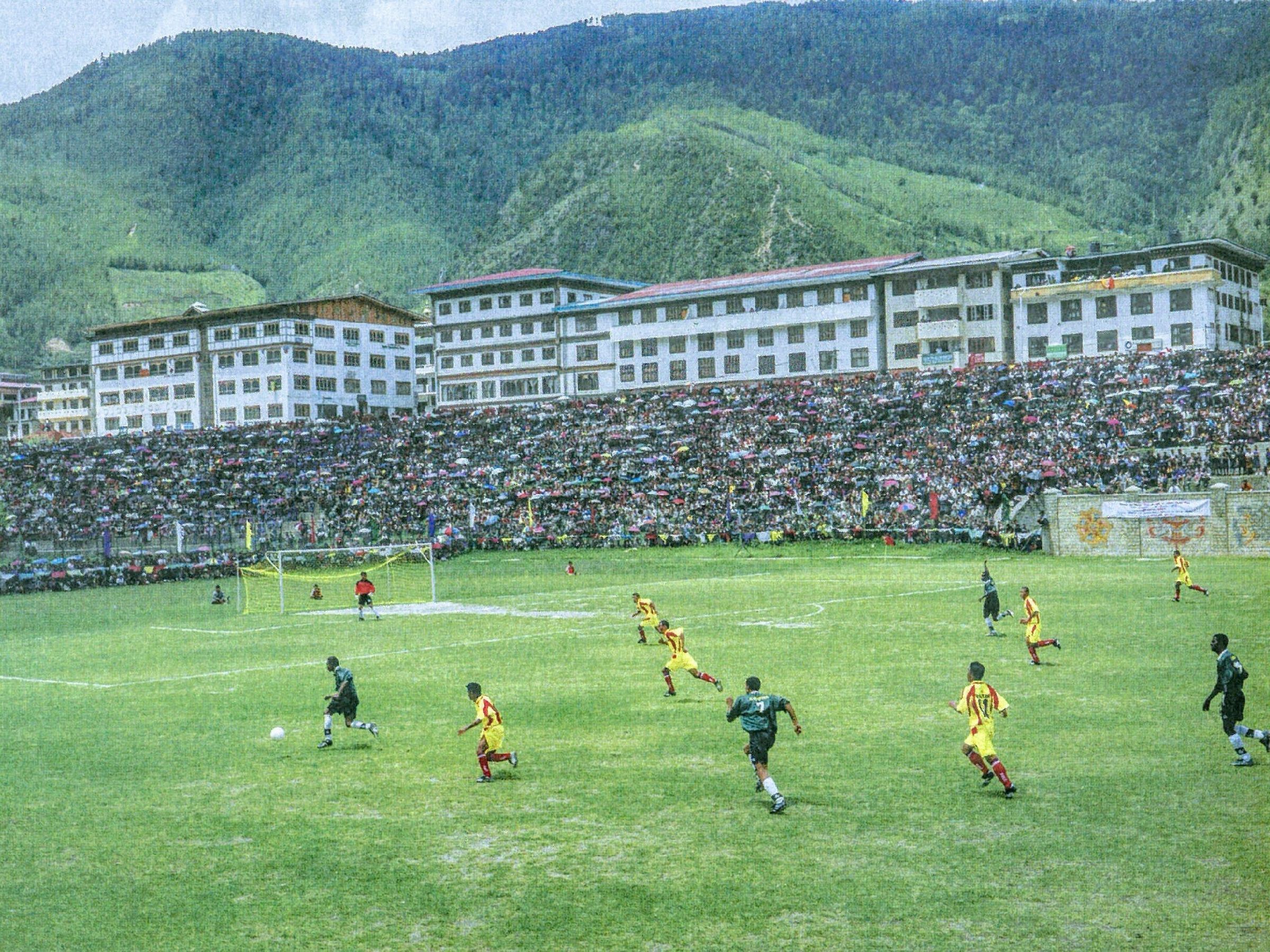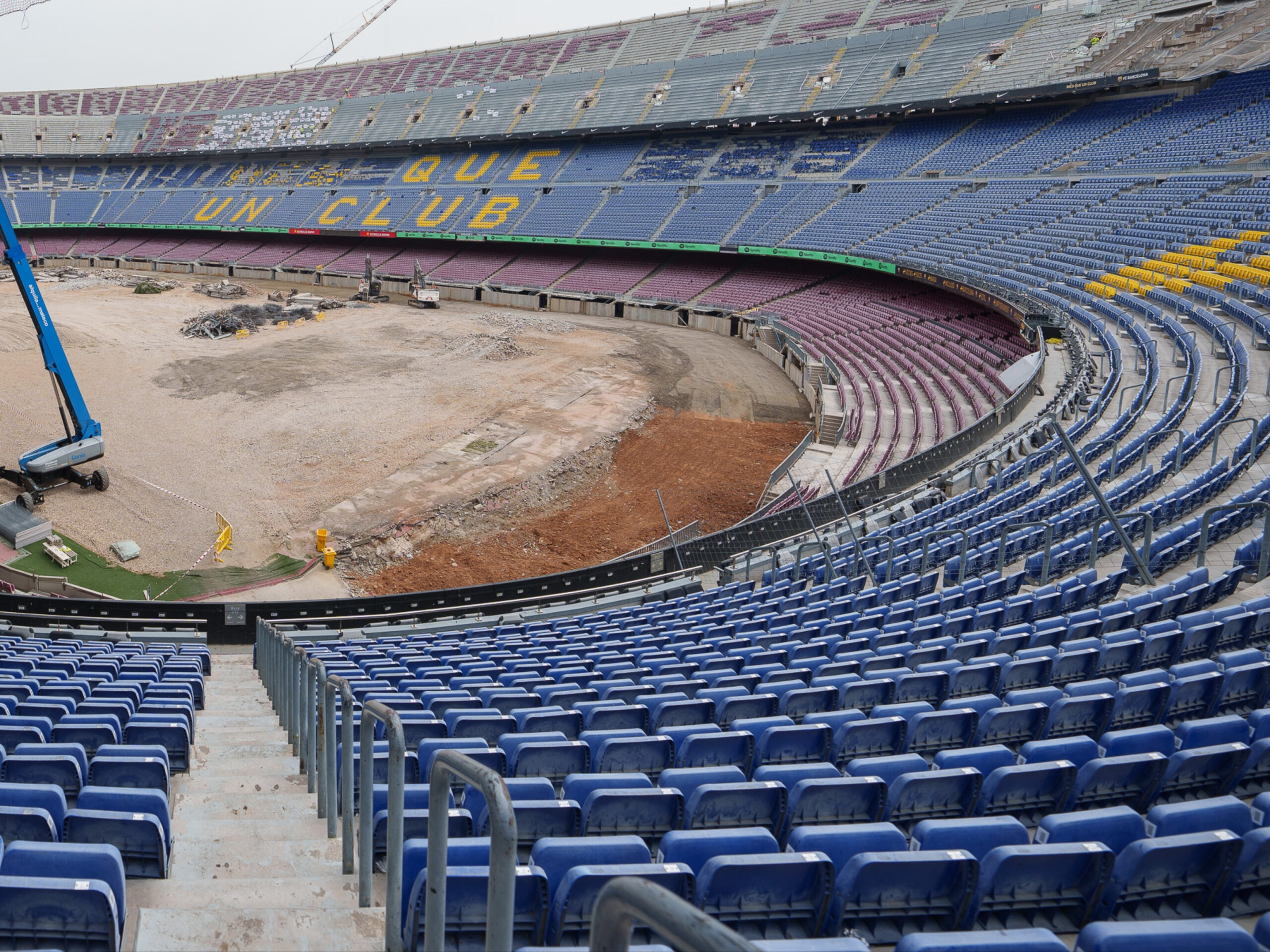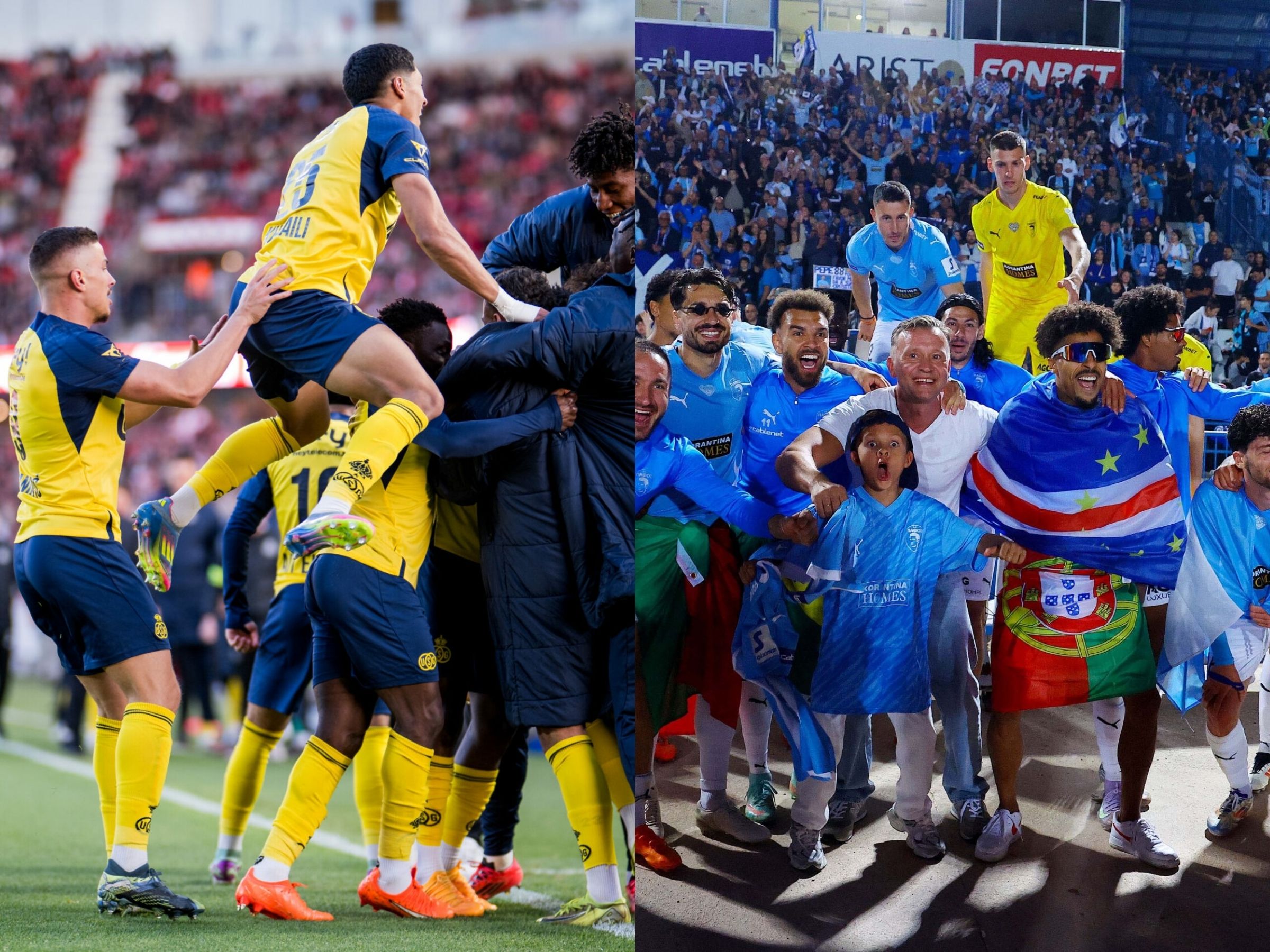
FC Barcelona, one of the most successful clubs in football history, has faced and often triumphed over some of the greatest teams in the game. Real Madrid, Bayern Munich, Manchester United — Barca has conquered them all. But do you know which club has never tasted defeat at the hands of the Catalans? Scotland’s Dundee United.
Yes, Dundee United, currently sitting fourth in the Scottish Premiership, holds this unique distinction. They’ve faced Barcelona four times in their history — and won all four matches.
Today, this may sound staggering, but back in the 1960s to 1980s, Dundee United was a prominent force in European football. In fact, Scottish football as a whole was on the rise during that era. Take Aberdeen, a club now languishing in mid-table, but one that defeated Real Madrid in the UEFA Cup final in 1983.
Dundee United first faced Barcelona in a now-defunct tournament called the Inter-Cities Fairs Cup in 1967. They met in the second round, where Dundee United won 2-1 in the first leg and 2-0 in the second.
Barcelona had to wait 20 years to seek revenge, this time in the UEFA Cup. Unfortunately for them, it went horribly wrong again, as Barca lost 1-0 in the first leg and 2-1 in the second.
That year, Dundee went all the way to finals, where they couldn’t get the better of IFK Goteborg of Sweden, another club nowhere near the elites of European football in this day and age.
UEFA has expanded the number of teams participating in the Champions League and Europa League to 36. The aim behind this move is to allow more clubs to compete, potentially boosting competitiveness among players.
But can we realistically expect a club from Sweden, Belgium, or Switzerland to win the Champions League — or even the Europa League? It’s highly unlikely.
Four out of four ✅
A remarkable turnaround in the Camp Nou secures #DUFC‘s progression to the UEFA Cup Semi-Final, #OnThisDay 1987 🏆🇪🇺 pic.twitter.com/mQ8LzdAtsn
— Dundee United FC (@dundeeunitedfc) March 18, 2024
This is due to the financial disparity among UEFA member nations, which has concentrated dominance in a handful of countries since the 1990s. Today, only clubs from England, Spain, Italy, Germany, and perhaps France are considered genuine contenders.
Meanwhile, historic clubs like Benfica and PSV, or widely supported ones like Galatasaray and Red Star Belgrade, often lack the financial resources to consistently challenge Europe’s heavyweights. While underdog stories remain thrilling, they don’t contribute to the overall development of football in the continent.
Today, the term used to describe minnows who overachieve is “underdogs,” and who doesn’t love an underdog story? But the truth is, the chances of these stories happening are becoming rarer by the day.
Yes, there may be the occasional UCL quarter-final run or a top-four finish in the league, but sustained success? Unlikely. Because the moment good players from smaller clubs perform well, bigger clubs swoop in with a huge paycheck — and players can’t be blamed for taking the offer.
There’s no practical solution to this, but ideally, an equal distribution of wealth across all teams in a league would work wonders. That’s why the Premier League, which splits its TV rights equally, has more money, allowing teams to sign the best players from other leagues, even if they are fighting at the bottom.
On the other hand, La Liga operates on a “rich get richer, poor get poorer” model.
The real changes needed to help teams like Dundee stand out again are far more detailed than what’s mentioned here, but they would be a welcome shift for football as a whole.





